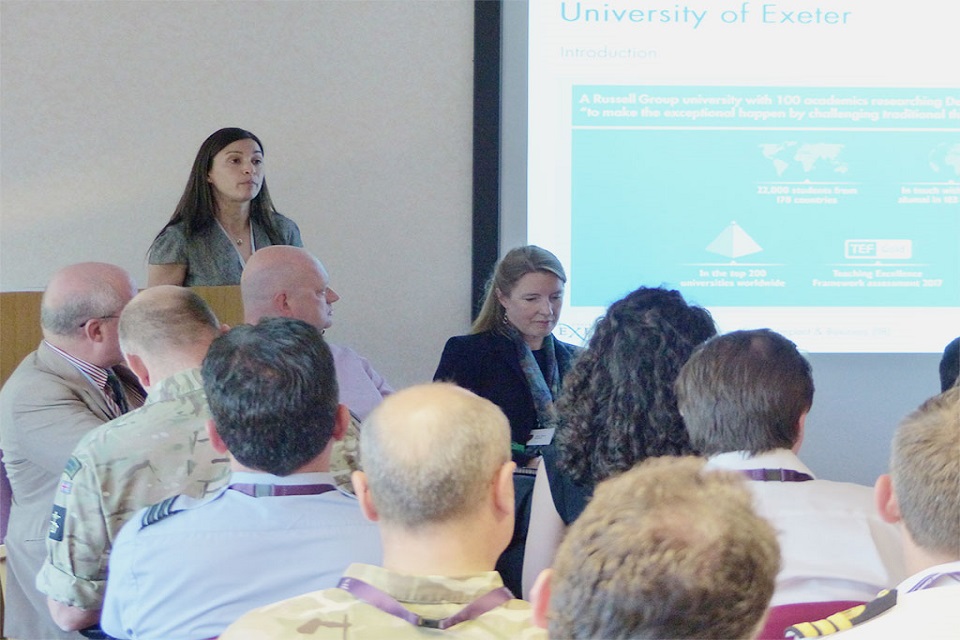Press release: Military personnel in Scotland protected from tax hikes
The plans will protect around 8,000 personnel who would otherwise be negatively affected by the income tax hikes. Personnel will be compensated with an annual payment to make sure that all troops, regardless of where they are deployed or where their families are based, will pay the same income tax.
Following the announcement of Scottish Government’s tax changes, in March Mr Williamson ordered work to start on how the Ministry of Defence would mitigate the impact, following concerns that the changes could result in Scotland becoming a less attractive place for military personnel to be posted to.
The measures announced today will protect nearly three quarters of all armed forces personnel liable for Scottish Income Tax and will help with recruitment and retention, particularly as many of those affected are personnel with specialist skills, such as aircraft and submarine engineers.
Defence Secretary Gavin Williamson said:
It is completely wrong for the brave men and women of our Armed Forces to be punished for serving in Scotland by unfair raids on their pay packets by the Scottish Government.
That’s why we have taken this urgent action to ensure that our troops are treated equally and fairly.
I’m proud that the UK Government recognises the sacrifices our Armed Forces make across the United Kingdom and the world, and that today we can reassure our service personnel that they will not be left hundreds of pounds out of pocket because of decisions taken by the Scottish Government.
The financial mitigation measures will:
- Be payable to all regular personnel who pay Scottish Income Tax, regardless of where in the world they are serving. Mitigation payments of between £12 and £1,500 will be paid.
- Cover personnel for tax year 2018/19 and will be a single payment made retrospectively
- The case for financial mitigation will be reviewed annually
The MOD will continue to review the situation each year and make decisions each tax year as to whether the difference between Scottish tax and tax elsewhere in the UK is sufficient to warrant financial mitigation. The annual cost to the MOD for Tax Year 2018/19 is expected to be £4 million.
Minister for Defence People and Veterans Tobias Ellwood said:
Scotland, and military personnel who have made Scotland their home, play a key role in our nation’s defence. Whether it’s working on our nuclear deterrent, protecting NATO airspace, or building local security expertise in the Middle East, Scotland-based troops are engaged right now in protecting the UK and its allies.
Scotland Secretary David Mundell said:
Our servicemen and women make a huge contribution to the communities and the economy of Scotland.
The Scottish Government’s decision to make Scotland the most highly taxed part of the UK means they would be unfairly penalised and it’s absolutely right that the UK Government has taken steps to address that.
Scotland plays an important role in UK Defence supporting over 10,000 industry jobs and is renowned for building the world’s finest warships including the UK’s new aircraft carriers and the Royal Navy’s state-of-art Type-26 frigates.
Scotland also benefits from £1.6 billion investment in local industry and an average of £290 expenditure per person each year. Some of the most important national defence capabilities including HM Naval Base Clyde, home to Britain’s nuclear deterrent and hunter-killer submarines and RAF Lossiemouth defending the UKs airspace with its three Typhoon combat aircraft squadrons and 51st Infantry Brigade.
